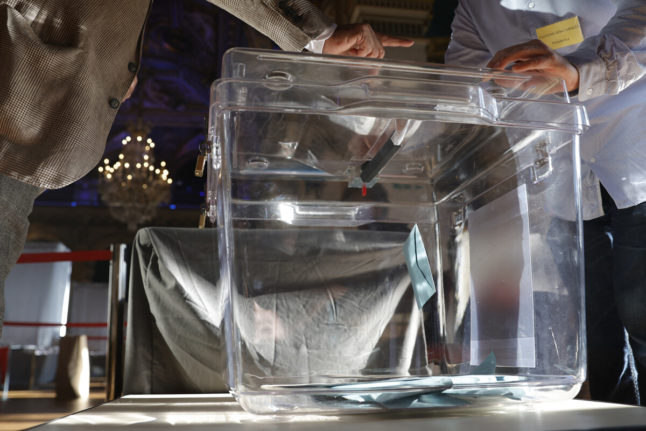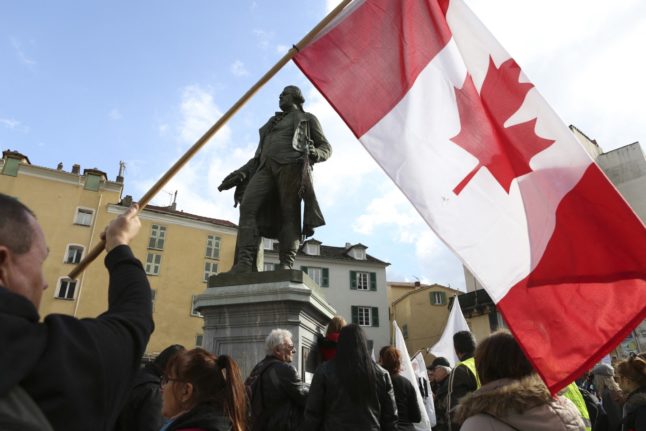France’s annual tax declaration season is approaching, and property owners may need to complete a property tax declaration. So, if you’re new to the French tax system, here’s how to go about setting up your French tax account.
EXPLAINED: How to get a ‘numéro fiscal’ and create a French tax account
France will soon be heading to the ballot box to vote in the European elections – here’s how to check whether you are eligible, and register to vote so that your voice gets heard.
How to register in France to vote in the 2024 European elections
If your French property has a chimney, you may be legally obliged to get it regularly cleaned, while your insurance may also stipulate regular cleaning. The precise rules vary depending on where you live and the type of chimney you have.
What are the rules in France for keeping chimneys clean?
Children born in France to foreign parents have the right to citizenship through ‘droit du sol’ – but this doesn’t mean that they are French from birth. Instead it involves a long delay, a file of paperwork and an application to your local authority. Here’s how to do it.
Guide: How to request French nationality for your child
The impending 2024 Paris Olympics have got many people wondering about whether they could earn some extra cash renting out their homes to sports-mad tourists – but it’s important not to fall foul of local rules on registration and taxes.
Can I Airbnb my French property during the Olympics?
As the world prepares to mark St Patrick’s Day, numerous events are planned in France’s major cities in honour of Ireland’s patron saint.



 Please whitelist us to continue reading.
Please whitelist us to continue reading.
Member comments